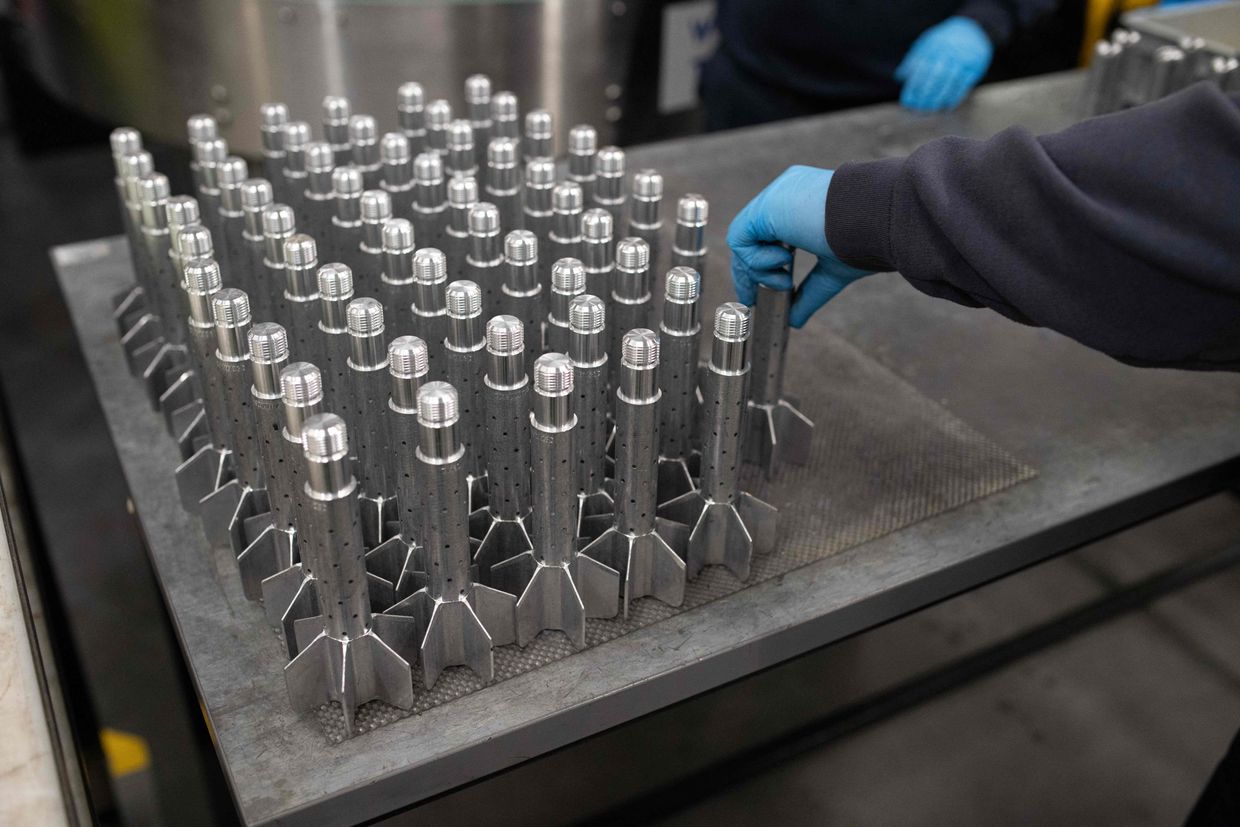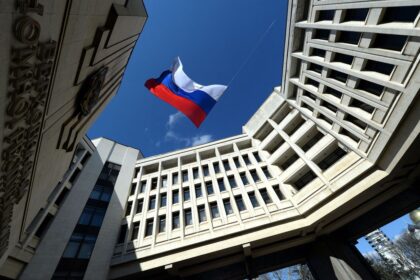**UK Takes Steps to Reduce Reliance on US Arms**
The United Kingdom is set to significantly increase its production of military-grade explosives, a move aimed at reducing its reliance on imports from the US and France. This development comes as part of a broader trend among European nations to boost their defense capabilities in response to changing global dynamics.
According to reports, the UK will deploy shipping containers across the country to produce RDX explosives, which are used in NATO-standard artillery shells. BAE Systems, the country’s largest defense contractor, plans to construct three new production sites to enhance its resilience against potential attacks. The company’s goal is to make its munitions “Itar-free,” meaning they will no longer be subject to US export restrictions.
This move follows concerns over US reliability, particularly after President Donald Trump took office. In Canada, Prime Minister Mark Carney has pledged $22.4 billion in military spending, citing a need for increased security due to perceived threats from the US. The Canadian government’s new defense plan emphasizes Arctic security and investments in advanced technologies like artificial intelligence and quantum computing.
**A Shift Away from US Influence**
The UK’s efforts to boost its own military production come at a time when NATO’s collective defense principle is being questioned by some member states, including the US. President Trump has made statements suggesting reduced interest in Europe’s security and even floated plans for Greenland annexation. These developments have led other nations to reevaluate their reliance on US-sourced weaponry.
“It’s like going on a hunger strike between breakfast and lunch and secretly eating candy,” Czech Foreign Minister Jan Lipavsky said about the situation, echoing concerns over the reliability of some NATO allies. The UK’s decision to increase its own military production reflects this growing unease and desire for greater self-reliance among European nations.
**Implications for Global Defense Dynamics**
The shift away from US influence in global defense dynamics will have significant implications for international relations and trade. As more countries seek to boost their own military capabilities, the market for arms may become increasingly fragmented. This could lead to increased competition and innovation within the industry but also pose challenges for nations trying to navigate these changes.
BAE’s innovative approach to producing explosives using smaller, dispersed facilities capable of producing 100 metric tons annually will be closely watched by other countries seeking to reduce their reliance on US imports. The UK’s efforts demonstrate a willingness to invest in domestic production and develop its own defense capabilities, potentially setting an example for others to follow.
As the global defense landscape continues to evolve, one thing is clear: the days of relying solely on US-sourced arms are numbered.












